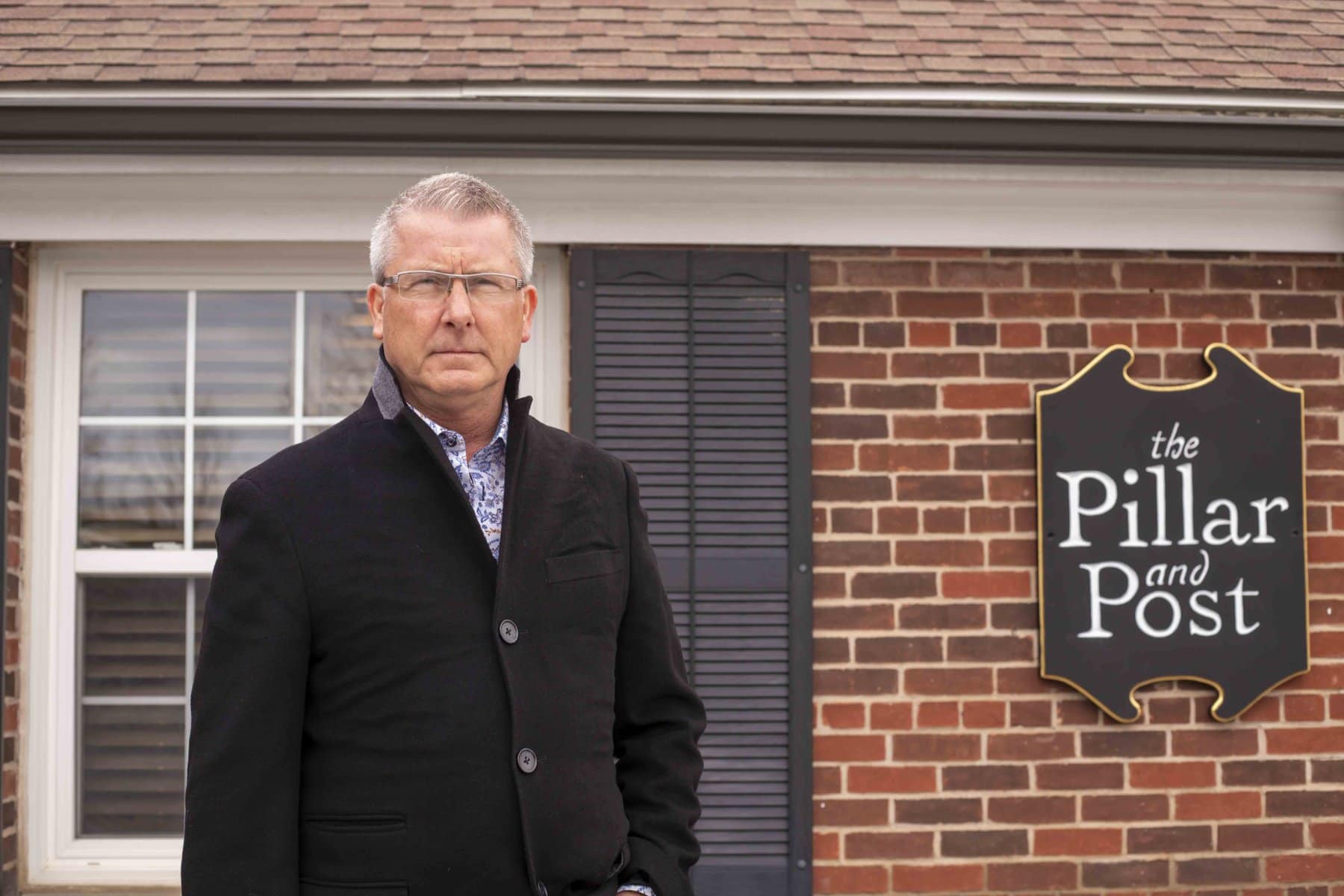Hotel operators in Niagara-on-the-Lake say that if short-term rentals are going to exist, they ought to be charging people the town’s 2 per cent room tax.
Bob Jackson, chief executive officer of Lais Hotels, said he was never in favour of charging the town’s room tax to his guests but thinks in the spirit of fairness, short-term rentals should be doing the same.
Jackson said his company has had “no issues” calculating the town’s room tax.
“I can see how it might be harder for a smaller operator,” he said, citing issues like a lack of access to technological support and administrative staff.
“It shouldn’t be that complicated,” he added.
David Jones, owner of 124 on Queen, had a different experience when the town implemented the room tax.
“We had to completely overhaul our property management system,” he said.
“It wasn’t a huge cost to us. It just took some time,” he said.
He and his team had to contact the company that provides their management software and the supplied in turn had to do some reprogramming so it could calculate the tax.
“It’s kind of unreasonable to think we can be able to turn on a dime like that, but I think we’ve done that now,” Jones said.
He also runs a couple short-term rentals but he pays a commercial tax on them because he considers them to be part of his business.
“We paid commercial taxes from day one, just figuring, well, that’s what we should be paying. It’s part of our business. It’s part of our hotel,” he said.
He added that the town would probably get much more money from such properties by charging commercial taxes than just levying licensing fees.
Jones was not too concerned about the competitive threat from short-term rentals, saying they are “not the same kind of competition as a hotel.”
Jackson, on the other hand, said short-term rentals are a significant competitor in the vacation accommodation industry because together they have more rooms than Lais Hotels does.
Lais has eight hotels and about 500 rooms in Niagara-on-the-Lake alone.
The town decided to implement the room tax in phases, starting with larger operators and hotels.
This was partly because the council of the time was concerned about causing additional harm to bed and breakfast operators during the pandemic.
The Lake Report found that the town currently has 347 licensed short-term rentals on its list.
Even if they average two rooms each, a low estimate, they would still provide up to 694 rooms, substantially more than Lais Hotels.
Tony Elenis, the chief executive officer of the Ontario Restaurant Hotel and Motel Association, said he was against the “commercialization of short-term rentals” by homeowners.
“If you have more than one property that you rent out, then it’s commercialization,” he added.
Both Elenis and Jones are concerned about the impact of short-term rentals on the housing crisis.
“It takes houses and apartments that would normally be needed for people to stay in,” Elenis said.
As for technological barriers smaller operators might face when trying to collect the room tax, Elenis said, “If the system is primitive then somehow some manual bookkeeping must take place.”
Elenis is familiar with collecting room taxes in many towns and he said one solution implemented in Toronto was to eliminate unhosted short-term rentals.
“As a homeowner you can short-term rent your principal residence only,” says the city’s webpage on short-term rental rules.
Elenis explained that Toronto’s bylaws force platforms like Airbnb to remove Toronto-area listings that are not licensed by the city.
The town is still working on an update to its short-term rental bylaw.










